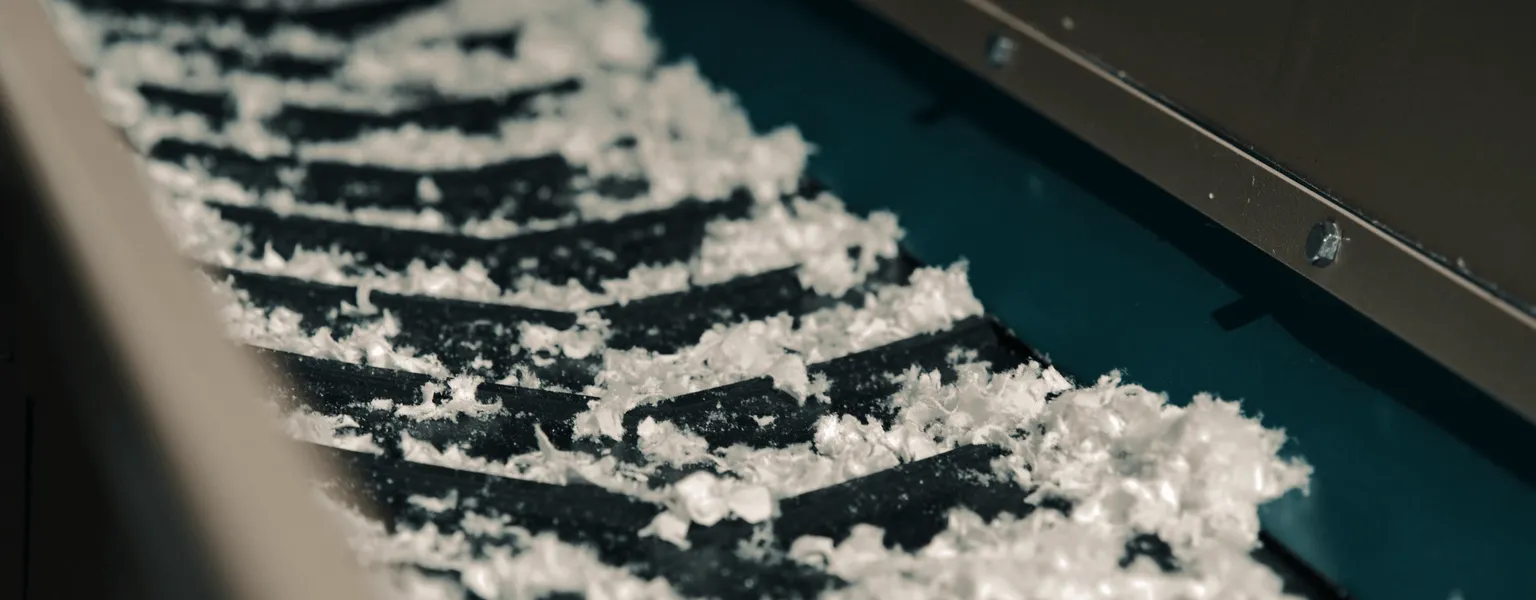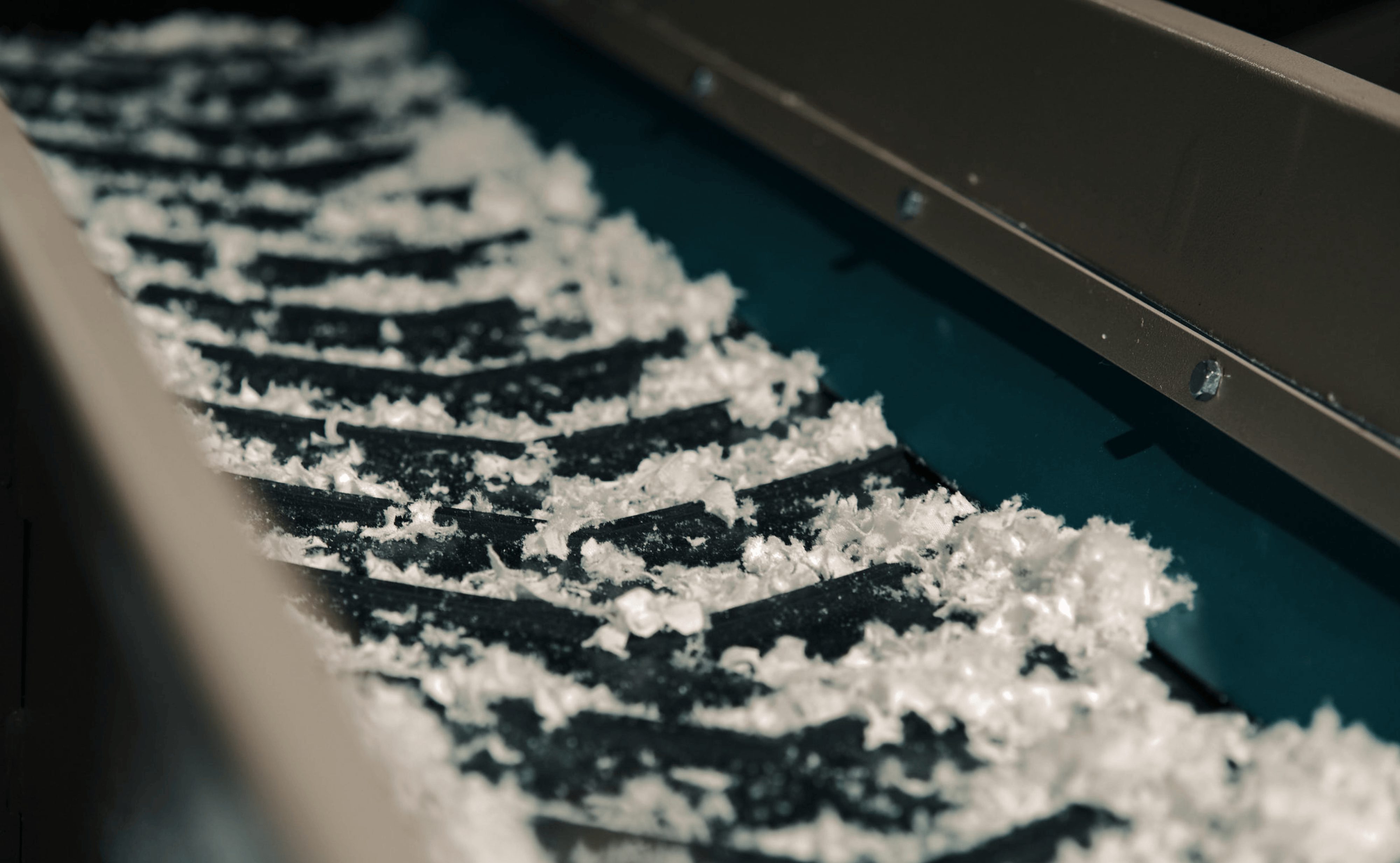New study shows PET plastic as the clear choice for sustainable beverage packaging

Sustainability
NAPCOR has released a Life Cycle Assessment (LCA) which compares the environmental impact of polyethylene terephthalate (PET) plastic, glass, and aluminium carbonated soft drink (CSD) and still water beverage containers. According to the study conducted by Franklin Associates, a leading LCA consulting firm that underwent extensive peer review and verification, PET plastic bottles are the most environmentally friendly option when compared to aluminium cans and glass bottles.
Over 70% of beverage containers use PET plastic due to its lightweight, clear, and 100% recyclable properties. The LCA found that PET plastic bottles produce less solid waste, use less water during production, and generate fewer emissions that contribute to acid rain and smog compared to glass and aluminium beverage containers.
If U.S. consumers selected PET plastic bottles instead of glass bottles for their soda beverages over the course of one year, it would be the same as:
- The amount of GHG emissions avoided by recycling instead of landfilling nearly 53,000 garbage trucks of waste
- The carbon sequestered by adding almost 1.3 million acres of U.S. forest
Similarly, if U.S. residents choose PET plastic bottles instead of aluminium cans for their soda beverages over the course of one year, resulting impacts would be the same as:
- Conserving 4.4 billion litres of water
- Removing 688,000 gas powered cars off the road annuallyDiverting 138 million bags filled with trash for recycling versus landfills
The LCA compared the most commonly used beverage containers for carbonated soft drinks and still water and found that a 16.9 ounce PET plastic water bottle compared to a standard-size 12 ounce aluminum can:
- Creates 80% less solid waste
- Uses 53% less water during production
- Has 74% lower global warming potential
- Generates 68-83% fewer emissions that contribute to the formation of acid rain and smog

The cradle-to-grave LCA analysed commonly used PET plastic, glass, and aluminium beverage containers for CSD and still water. It determined that glass has the highest environmental impact, followed by aluminium and then PET bottles. Therefore, PET plastic bottles are a more sustainable beverage container option and have a lower impact on several key environmental metrics, including greenhouse gas emissions, energy demand, water consumption, smog, acid rain, and eutrophication potential.
"The LCA scientifically and credibly demonstrates how plastic packaging provides significant environmental benefits that will help the world meet its vital net zero carbon targets," said Laura Stewart, Executive Director of NAPCOR. "A PET bottle is 100% recyclable and can be made with 100% recycled content. The LCA's results should be empowering for businesses and consumers because we can confirm once again that choosing PET plastic beverage containers is the best option for the planet."
This article was originally published by NAPCOR.
Related News
-
Supplier News
Greiner Packaging acquires Serbian PET flakes producer ALWAG
-
Sustainability
revalyu to build PET recycling facility in Georgia, US
-
Sustainability
UK: 'First-of-its-kind' soft plastic recycling plant opens in Fife
-
Supplier News
Berry launches stretch hood film with recycled plastic content




